The 2024 Virtual Conference
For Global Youth, By Global Youth
Navigating Mental Health in an Ever-changing World
18 May 2024

Generation Mental Health recently hosted its fourth annual Generation Mental Health Conference titled: For Global Youth, By Global Youth: Navigating Mental Health in an Ever-Changing World. The event was virtually on May 18, 2024, and for the first time, the conference was planned by youth spread over three continents.
Youth are facing unprecedented challenges, including the growing influence of social media and technology, stigma, and discrimination around mental health, how climate change has contributed to global mental health challenges, and limited access to various mental health services.
In a variety of panels, workshops and participatory sessions, this event highlighted those making the change on the front lines of mental health advocacy in the face of these challenges, with practical takeaways for young people to implement into their own change-making work.
By centering the voices and experiences of young people, we can create a mental health system that is truly inclusive, equitable, and liberating for all.
Our goal is to empower attendees to consider how they can become the best advocates for mental health, ensuring that they have the tools, confidence, and knowledge to create change in this dynamic world.
Program
Please note that all timings are in EST.
List of Services
-
8:15am - 9am: Welcome and KeynoteItem Link List Item 1
-
9am - 9:45am: Decolonising Mental Health PanelItem Link List Item 2
Through an engaging workshop and panel discussion, we aim to foster dialogue around the complex intersections of culture, history, and mental health. Participants will have the opportunity to explore innovative strategies for integrating diverse healing practices, amplifying marginalized voices, and promoting healing and resilience within communities often overlooked by mainstream mental health services.
Join us as we come together to reimagine mental health care through a decolonial lens, celebrating the richness of cultural diversity and embracing holistic approaches to healing and well-being. Together, we can pave the way for a more inclusive and culturally responsive mental health landscape.
-
9am - 9:45am: Climate Change and Mental HealthItem Link List Item 3
This aspect of the conference aims to help participants explore the complex intersection of global climate change and mental health, with a focus on empowering communities to build resilience in the face of environmental challenges. Key areas of exploration will include addressing how disaster events caused due to climate crisis can lead to trauma in affected communities, simultaneously discussing the importance of strengthening community resilience through trauma-informed capacity building efforts, ensuring communities are prepared to respond and recover from disasters.
Through active discussions and engagements, participants will be encouraged to explore the uncertainties associated with a changing environment. Notably, effects of ecological grief and the psychological impact of losing familiar environments due to climate change will remain an imperative focus in these sessions.
-
Break 9:45am - 10amItem Link List Item 4
-
10am - 11:15am WorkshopsItem Link
Accessibility of Mental Healthcare Services to Marginalised Communities Workshop:
This workshop examines solutions and initiatives to improve accessibility, affordability, and inclusivity in mental health support for all individuals, regardless of background or circumstances.
Climate Change and Mental Health Workshop:
Participants in this workshop will analyse the mental health impacts of climate change and environmental degradation.
-
11:15am - 11:45am: BreakItem Link
-
11:45am - 12:30pm: Accessibility in Mental HealthItem Link
The accessibility of mental healthcare services to marginalized communities is a critical issue that requires attention. Marginalized communities often face barriers such as financial constraints, lack of culturally competent care, stigma, and geographical distance to services.
Through both a panel discussion and engaging workshops, participants will ponder how these barriers can be addressed through a multi-faceted approach involving policy changes, increased funding for community-based services, cultural competency training for healthcare providers, and raising awareness to reduce stigma. By prioritizing accessibility, we can ensure that all individuals, regardless of their background, have equitable access to the mental healthcare services they need.
-
11:45am - 12:30pm: Impacts of Social Media on Mental HealthItem Link
Over the years the use of social media has significantly increased especially among the youth. With its rise there has been a noteworthy impact on mental health. These platforms can enhance connections, give people a sense of belonging and can also be used for self-development. However in addition to its positives, there have been a number of downsides to social media use such as the pressure of comparison, cyberbullying, anxiety, loneliness, and depression. Our conference aims to have candid conversations around these topics to consider how participants can advocate for mindful use of social media that promotes the positive effects of social media and lessens the negative impacts of social media.
-
12:30pm - 12:45pm: BreakItem Link
-
12:45pm - 2pm: WorkshopsItem Link
Decolonising Mental Health:
This workshop focuses on exploring and challenging the Eurocentric biases and colonial influences in the mental health field.
Impacts of Social Media on Mental Health:
In this workshop, participants will delve into the ways in which social media can both positively and negatively affect mental well-being, and provide practical strategies for cultivating a healthier relationship with digital platforms
-
2pm - 2:15pm: BreakItem Link
-
2:15 - 3pm: Closing Keynote Interactive SessionItem Link
Speakers and Panelists
Decolonising Mental Health
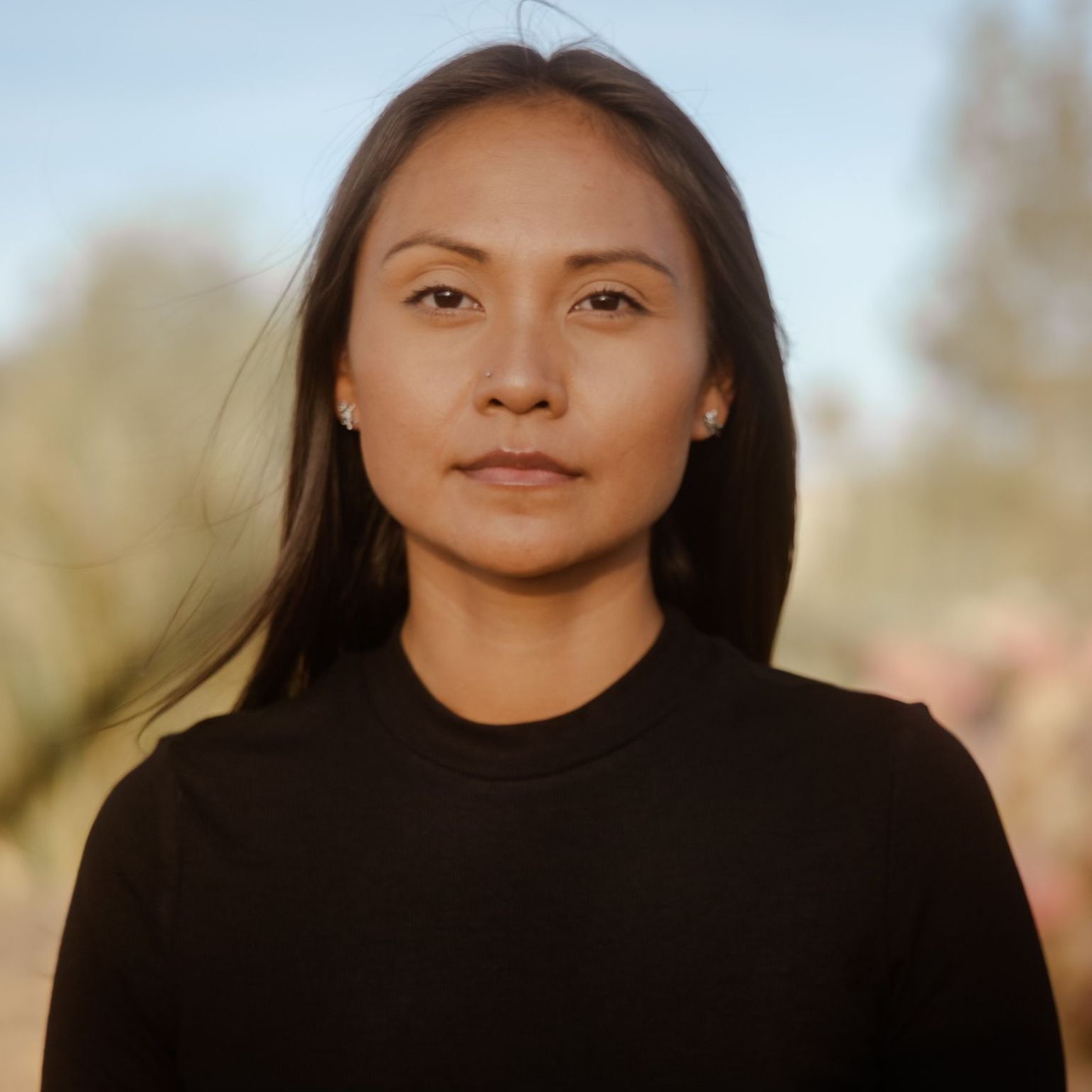
Marlena Robbins
As a self-employed Mindful Art Facilitator, Marlena has conducted virtual workshops focused on the intersection of art and emotional well-being. These workshops were designed to create safe, inclusive spaces where participants could explore their emotions and connect with their inner selves through art. Marlena’s workshops have reached a diverse audience, including collaborations with the Native Women’s Association of Canada, Center for Native American Youth, and several other organizations focused on health and cultural preservation. Her sessions aim to provide participants with a sense of peace, clarity, and self-awareness, enhancing their emotional journeys towards well-being.
Most recently, Ms. Robbins is pursuing a doctoral degree at UC Berkeley's School of Public Health. Her dissertation, "Sovereignty and Psychedelics: Exploring Psilocybin Use Within Navajo Nation and Urban Native American Communities Through a Multidimensional Theoretical Lens," examines the cultural, social, and policy aspects of psilocybin use within Native American communities, highlighting differences between urban and rural perspectives in order to inform educational frameworks and policy.
Decolonising Mental Health
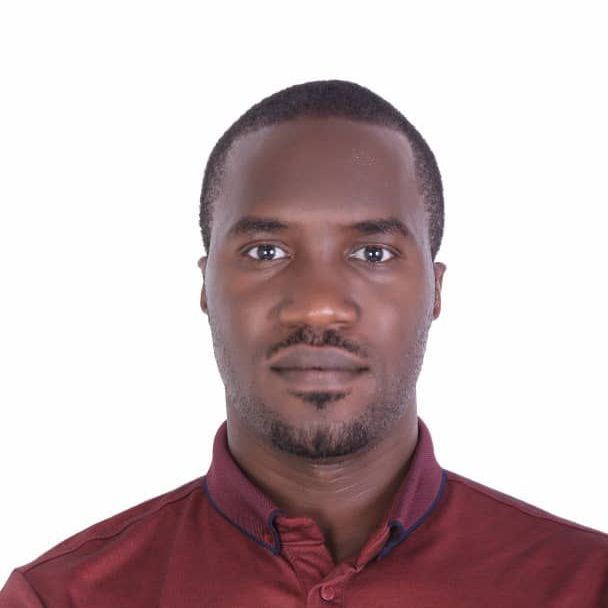
David Oyet
David has over seven years of experience in community health. Currently, David is the Co-founder and Program Director at Finemind Uganda, focusing on community mental health and empowerment. He is also a member of the Uganda National Youth Council. David has coordinated numerous counseling sessions, provided economic empowerment training, and led youth engagement initiatives.
David also served as the Marketing Coordinator at Clarke International University, where he developed marketing strategies and established collaborations with NGOs. He holds a bachelor’s degree in health service management with an ongoing studies of Masters in Public health. He is dedicated to making a positive impact in mental health, education, and community development.
Decolonising Mental Health
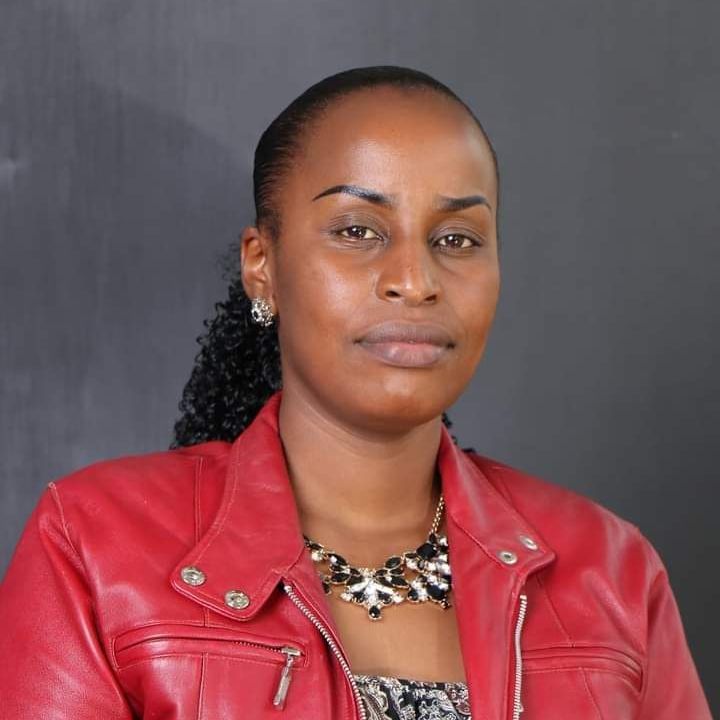
Veronica N. Ngatia
Veronica is the Director of Service Delivery and an accredited Counselling Psychologist. Veronica’s current role at Shamiri involves shaping Shamiri programs implementation strategies and ensuring programs are implemented within the set out highest level of standards. She was awarded the Shamiri Leadership Award 2023, for showing exceptional leadership qualities and exemplifying the values of Shamiri.
Veronica worked as a therapist for 5 years before joining Shamiri as a Supervisor. She worked with a wide range of clients in need of psychosocial support. Since 2022, Veronica has managed program implementation at Shamiri Institute. Currently, she engages in overseeing Shamiri programs' journey to scale dubbed "road to 1 million."
Decolonising Mental Health
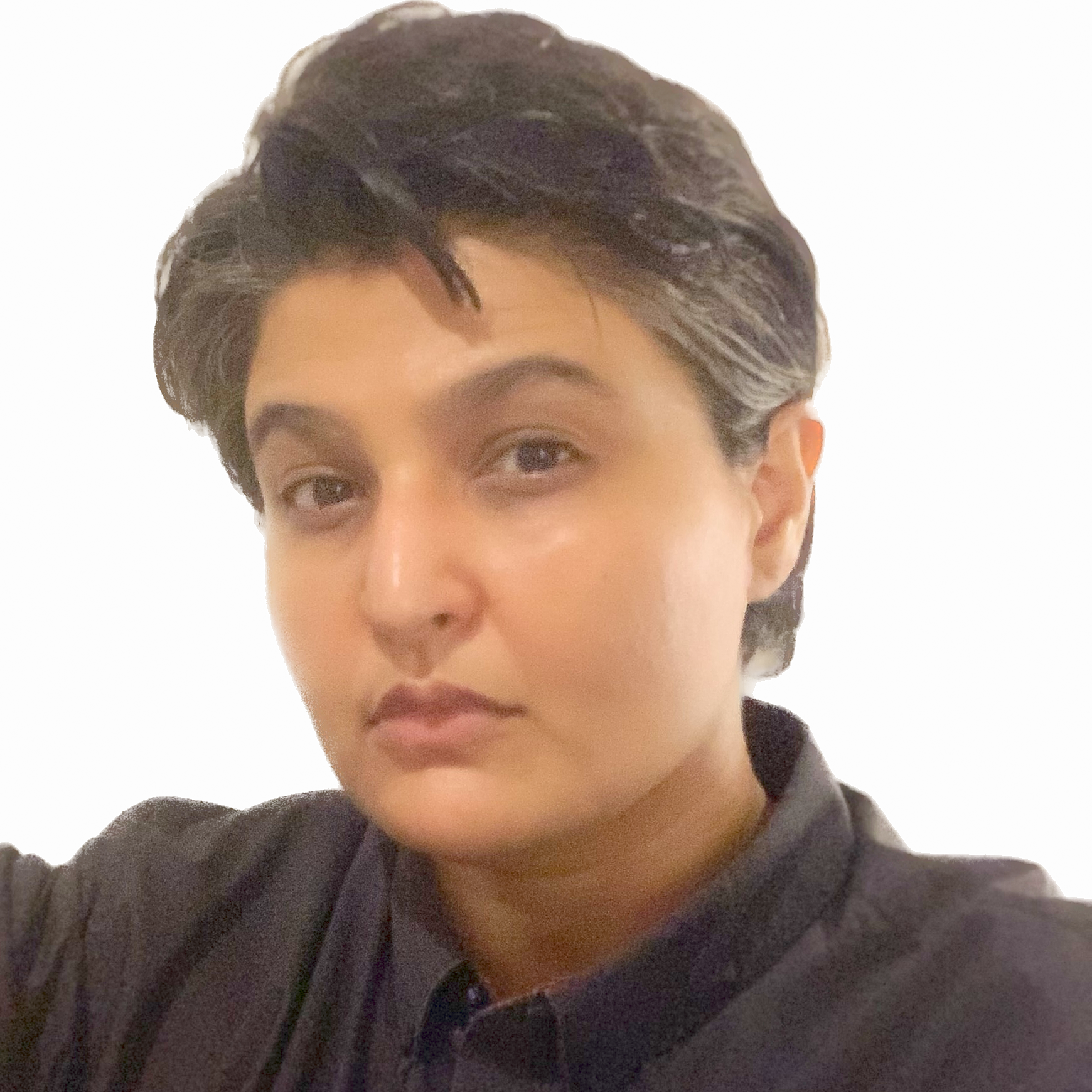
Raj Mariwala
Raj is Director of Mariwala Health Initiative an advocacy, capacity building and grant making organisation focusing on accessible mental health for marginalised communities. While previous engagements have included Advisory board roles in Lancet Commission on Ending Stigma and Discrimination as well as Global Mental Health Action Network, currently, Raj is on the board of the National Centre for Promotion of Employment for Disabled People (NCPEDP). Alongside this, Raj is also a practicing canine and feline behaviourist.
Climate Change and Mental Health
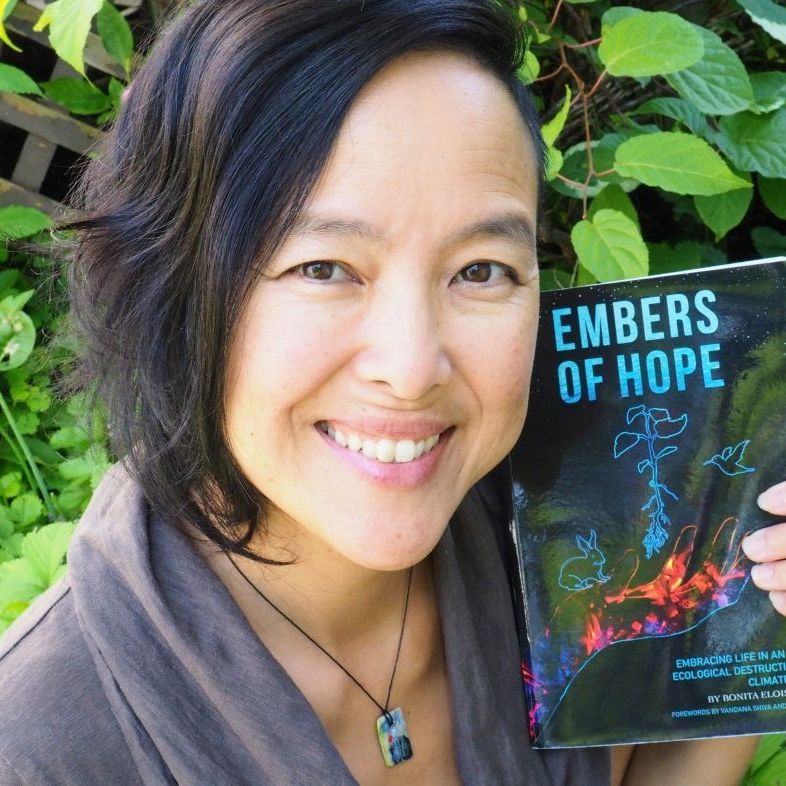
Bonita Eloise Ford
Bonita is the author of the book “Embers of Hope: Embracing Life in an Age of Ecological Destruction and Climate Chaos.” As a facilitator and speaker, Bonita supports people in coping with and addressing eco/climate breakdown. She is the program lead for Climate Mental Health Network’s Gen Z Advisors and has mentored facilitators at Youth Climate Lab. Bonita has taught permaculture, Nonviolent Communication, Reiki (energy work), and gardening, and she has led groups around the world for over 20 years. Bonita has a M.A. in Holistic Health Education, a B.Sc. in Biochemistry, and a diploma in permaculture. The land she calls home is in Perth, Canada on unceded Anishinabe-Algonquin Territory. Bonita loves eating wild foods, talking to the plants, and dancing barefoot. To learn more about her work, visit www.embersofhopebook.com.
Accessibility in Mental Health
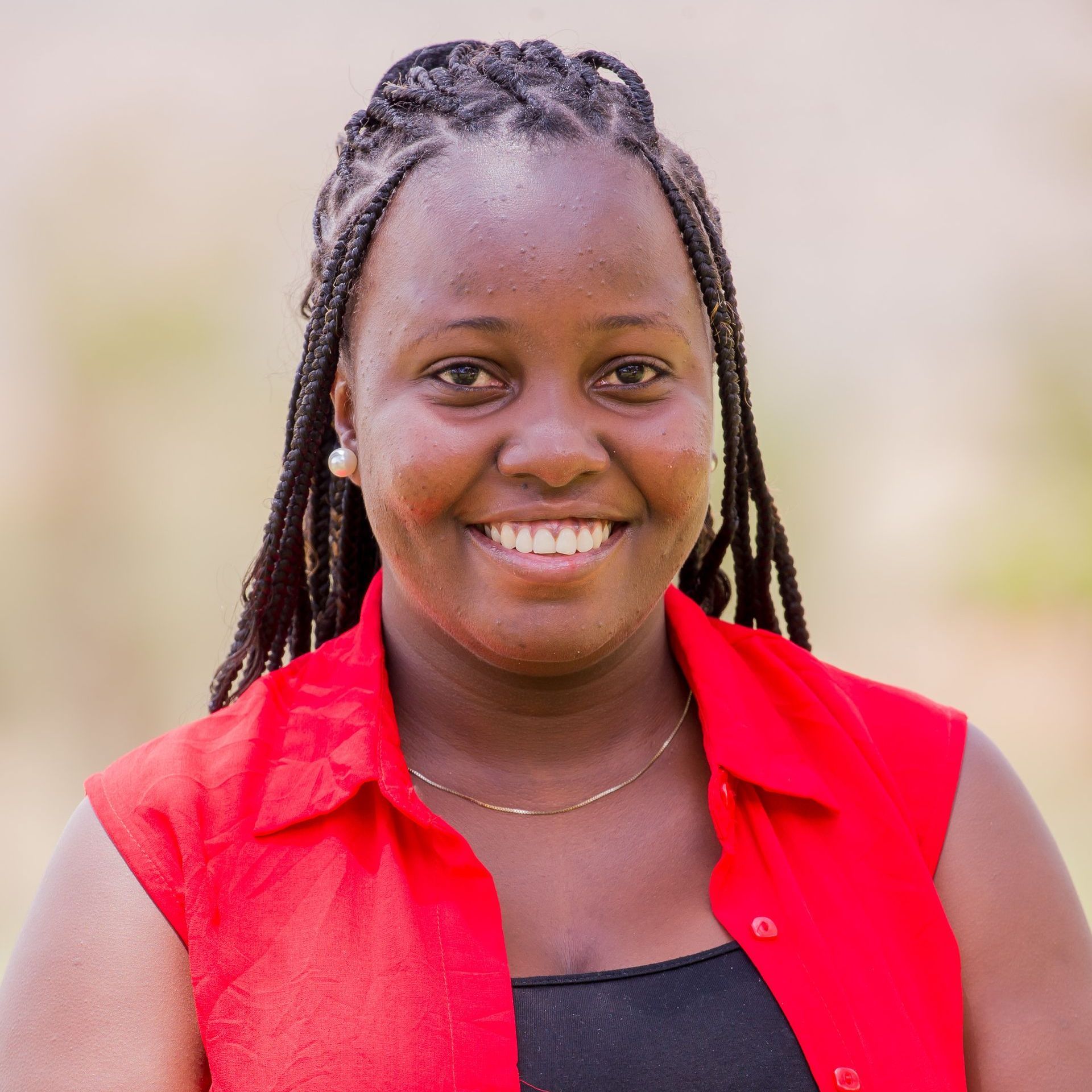
Maureen Gikonyo
Maureen is a dedicated young mental health advocate based in Kenya, committed to catalyzing change and progress in the field of mental health and well-being. Currently serving as the Global Youth Coordinator at citiesRISE, Maureen plays a pivotal role in assessing the needs of mental health youth leaders, both locally and globally, and connecting them with a network of experts, professionals, mental health stakeholders, and leaders.
In her role, Maureen is actively engaged in supporting youth-led initiatives related to mental health. She champions the cause of young voices by actively participating in the development of youth-focused strategies and ensuring the inclusion of these voices in citiesRISE programs, which encompass research and advocacy efforts.
Accessibility in Mental Health
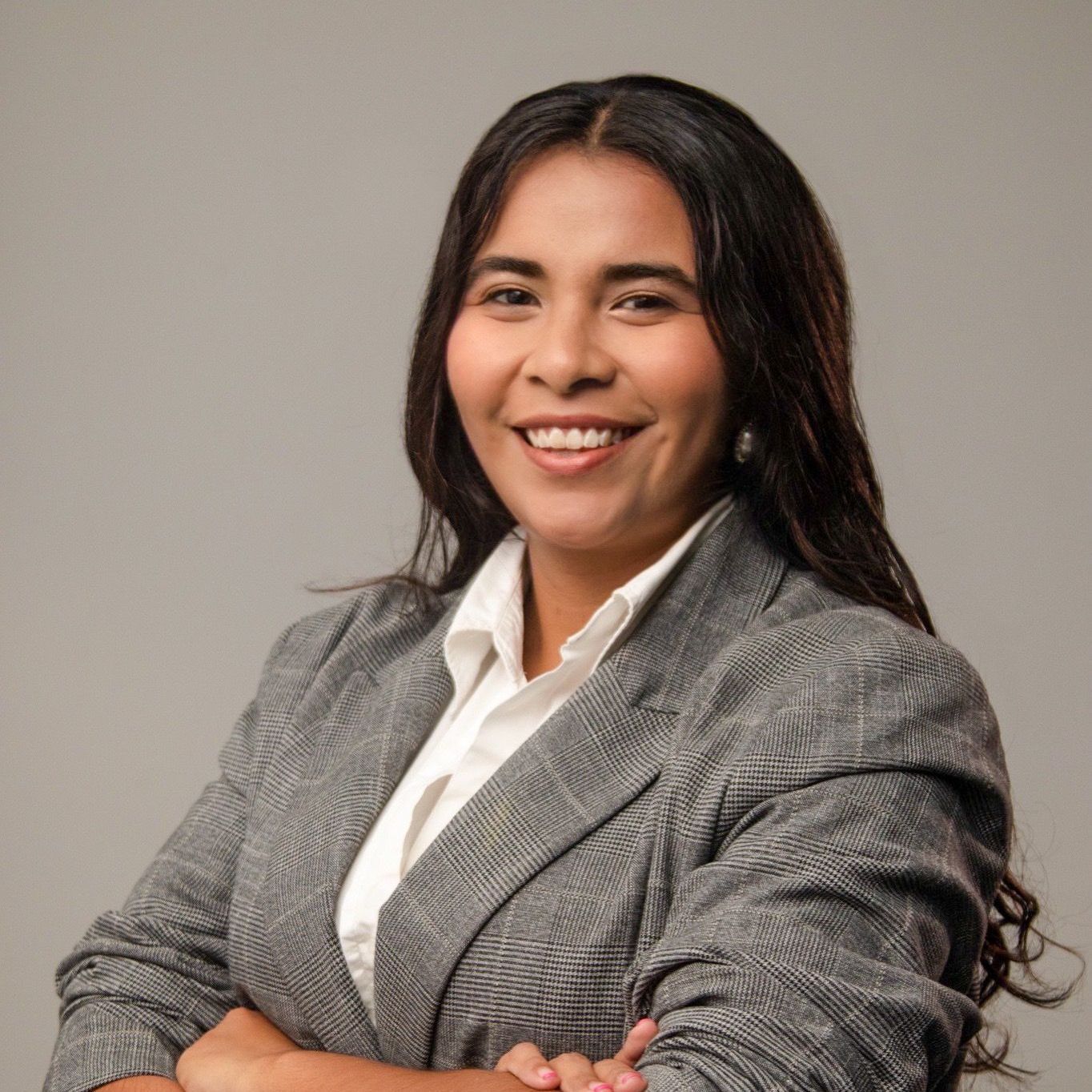
Oriana del Sol Ortiz Parrao
Oriana was born in 1999 in Chetumal, Mexico, and is the third daughter out of four. She holds a bachelor's degree in International Relations, graduating summa cum laude, and is currently pursuing a Master's Degree in Governance and Globalization, focusing on Global Governance and International Management.
Since 2020, she has been part of the YMCA's Regional Office for Latin America and the Caribbean. Her current role is Program, Projects, and Services Coordinator. In her work, she is involved in designing and managing regional programs and projects, strategic planning, and developing capacity-building strategies. She contributed to the design and implementation supervision of YMCA LAC’s regional mental health program called ELEVA (Lift up in Spanish), impacting over 900 young people and adults across 7 countries and 11 communities in the LAC region.
Accessibility in Mental Health
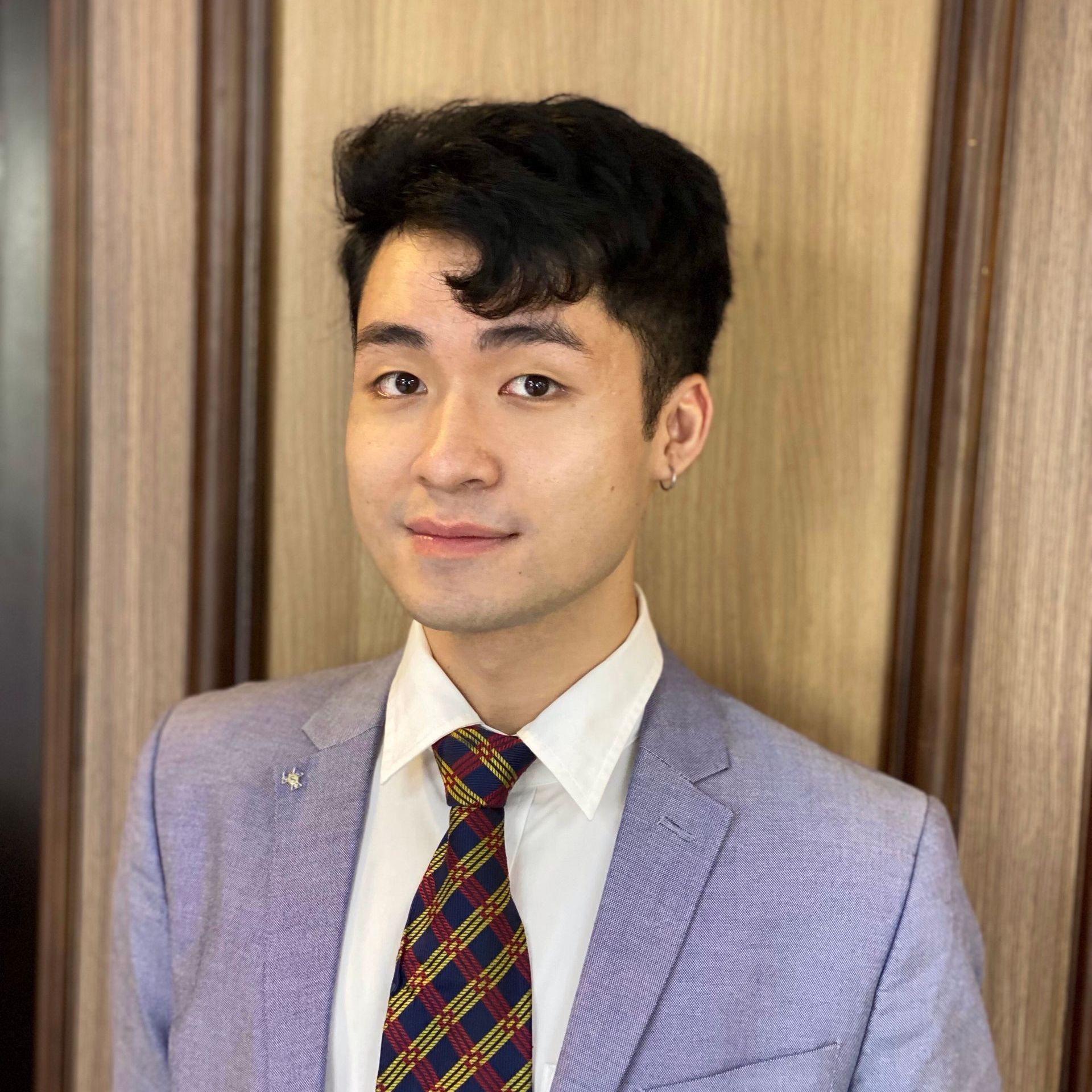
Viet (Mason) Trinh
Viet (Mason) Trinh (he/him/his) is a distinguished young advocate and researcher focusing on LGBTIQ+ mental health and sexual health in the Asia Pacific region. He serves as Program Director at Lighthouse Social Enterprise, a leading civil-led society organization in LGBTIQ+ rights and health in Vietnam. His work adopts a person-centered approach, encompassing community engagement and outreach, capacity building, intervention design and delivery, and health policy lobbying. He is the current Chair of the LGBTIQ+ Mental Health Network in Vietnam.
Mason works in close partnership with United Global Mental Health, the U.S. CDC, Global Fund, the President’s Emergency Plan for AIDS Relief, and the Vietnam Administration of HIV/AIDS Control – Ministry of Health to advocate for the integration of mental health support into HIV/AIDS services relevant to young key populations and LGBTIQ+ youth. With interests in internalized stigma, intersectional identities, and integration services, he has amassed close to 15 regional and international presentations and peer-review scientific research publications.
Impacts of Social Media on Mental Health
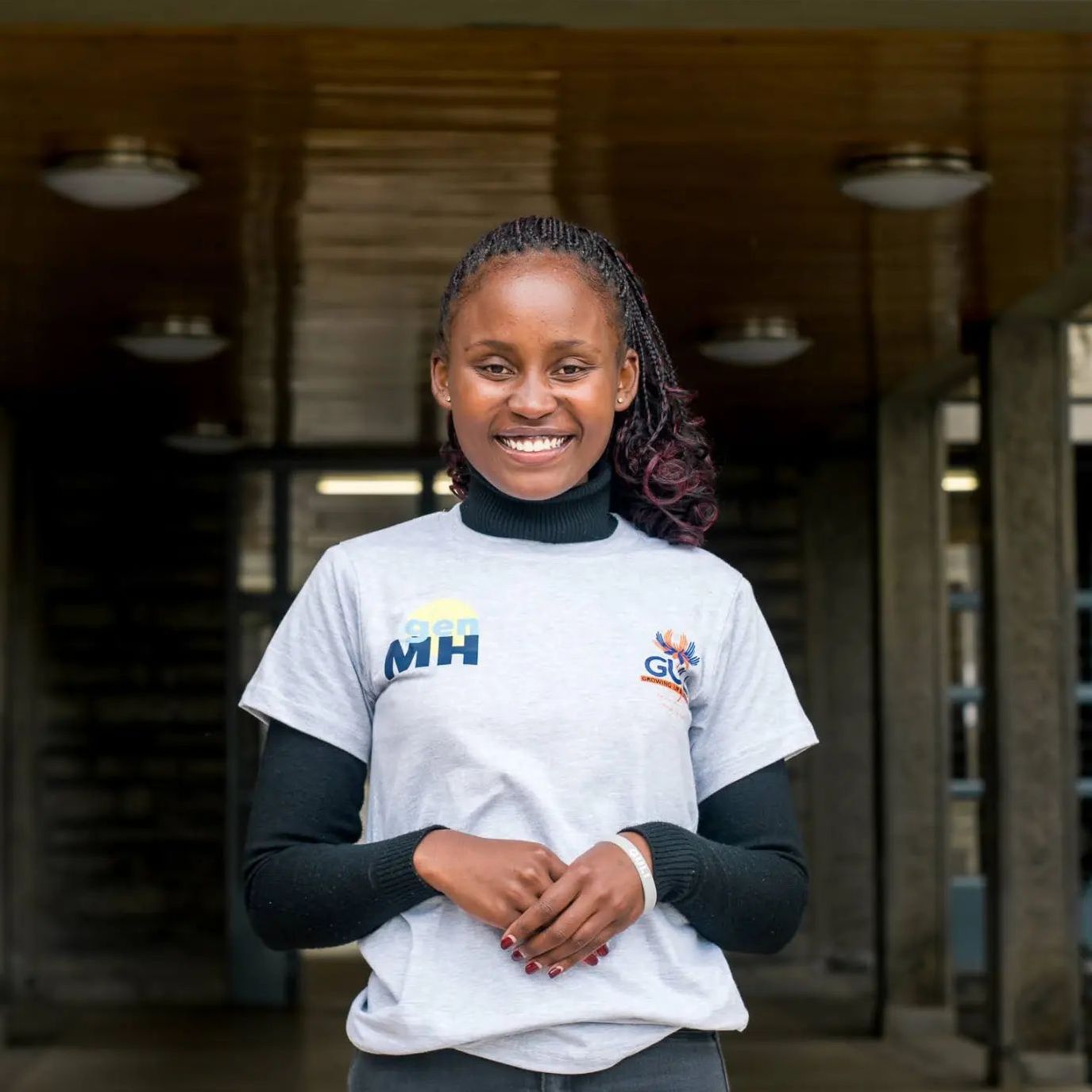
Gakii Mwithali
Gakii Mwithali is a final year medical student at Egerton University, Nakuru. She is the current vice president of the Kenya Clinical Medicine Students Association and the founder of a Mental Health CBO, GrowingUpAndLikingIt (GULI); which is also a registered Mental Health club at Egerton University. She recently won the Youngest Researcher of the Kenya Clinical Medicine Organization 2023/2024. She has been a Kenya sign language interpreter and lecturer for two years.
Gakii has been in several Mental Health Board of directors, with the most recent being the Psychiatric Disability Organization (PDO-Kenya). She is in the first cohort of the Generation Mental Health (GEN-MH), which is an international mental health organization for the youth. Gakii is also an advocate for fitness among the youth and has a lived mental health experience that drives her in her advocacy. Gakii Enjoys reading, fitness training, research and spending time with loved ones during her free time. She is focused and believes in the actualization of the slogan of her organization, to create a better mental health trend among the youth; REFORM THE MENTALITY, CHANGE THE REALITY!
Help Us Build a Brighter Future of Mental Health
GenMH is building a generation of mental health advocates, researchers and innovators that represent the communities they serve.
To help us on this journey:
All Rights Reserved | Generation Mental Health Association
